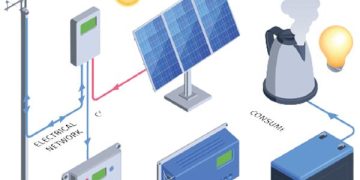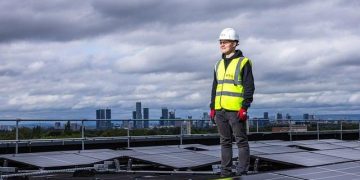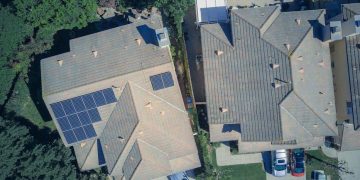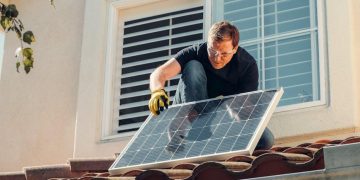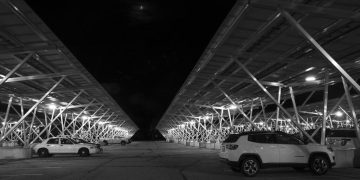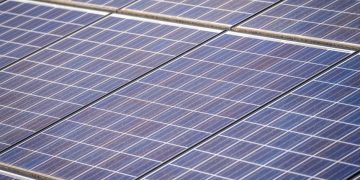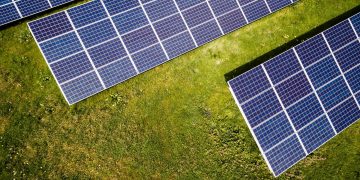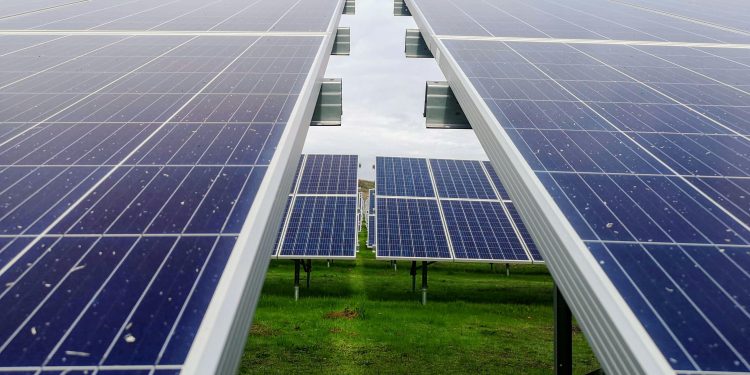In an era where sustainability is no longer just a buzzword but a necessity, solar panels have emerged as a beacon of hope for eco-conscious homeowners and businesses alike. Yet, as the sun rises on this green revolution, potential adopters often find themselves navigating a maze of technical specifications, financial considerations, and the fine print of warranties. Understanding the true cost and protection offered by solar panel warranties is as crucial as harnessing the sun’s energy itself. This article sheds light on the essential aspects of solar panel warranties and costs, illuminating the path for those ready to make an informed investment in a cleaner, brighter future.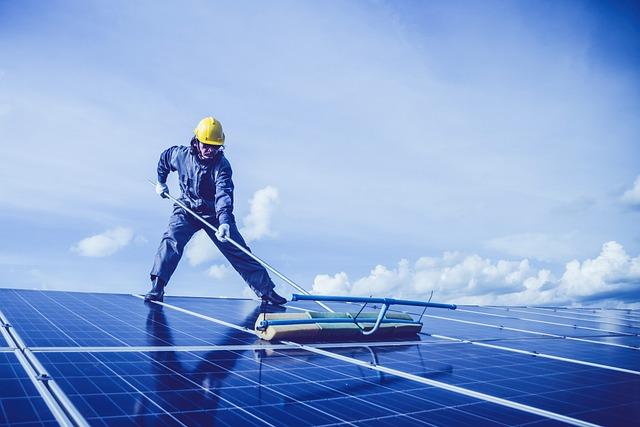
Understanding the Basics of Solar Panel Warranties
When investing in solar panels, it’s crucial to grasp the key elements of their warranties to ensure long-term benefits. Solar panel warranties typically encompass two primary components: performance guarantees and product warranties. Performance guarantees assure that the panels will produce a certain percentage of their original output over a specified period, often around 25 years. Meanwhile, product warranties cover defects in materials and workmanship, generally ranging from 10 to 25 years. It’s important to understand the nuances of these warranties to make informed decisions and safeguard your investment.
When evaluating solar panel warranties, consider the following factors to ensure comprehensive coverage:
- Duration: Longer warranties may offer more security but can also impact the overall cost.
- Transferability: Check if the warranty can be transferred to a new owner if you decide to sell your home.
- Service and Labor: Determine if labor costs are included for repairs or replacements.
- Claim Process: Understand the steps involved in filing a warranty claim and the company’s reputation for honoring them.
By paying attention to these aspects, you can better navigate the complexities of solar panel warranties and make a well-informed choice that aligns with your energy goals and financial considerations.
Decoding the Costs: What Influences Solar Panel Pricing
The cost of solar panels is influenced by a myriad of factors, making it a complex landscape to navigate. Understanding these elements can empower you to make informed decisions. One of the primary factors is the type and quality of the solar panel itself. High-efficiency panels, typically made with monocrystalline silicon, tend to be more expensive due to their superior performance and durability compared to their polycrystalline counterparts. Additionally, the brand reputation can significantly affect pricing, with established manufacturers often commanding a premium for their reliability and service.
Beyond the panels, other components also play a crucial role in determining costs. Consider the following elements:
- Inverters: Convert the solar energy into usable electricity and vary in cost depending on type and efficiency.
- Installation: Labor costs can fluctuate based on the complexity of the setup and local market rates.
- Permits and Inspections: Necessary legal steps that can add to the overall expense.
- Incentives and Rebates: These can offset costs significantly, but availability and value differ by location.
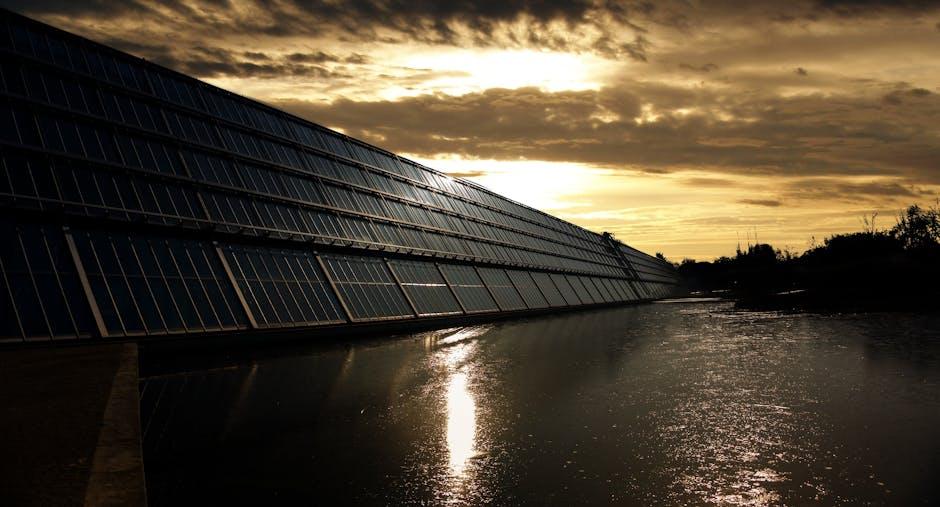
Key Considerations for Long-term Solar Investment
Investing in solar panels is a long-term commitment that requires careful planning and consideration. Durability and warranty are pivotal aspects when evaluating solar investments. Ensure the warranty covers both the product and performance, with typical durations ranging from 10 to 25 years. A robust warranty can safeguard against potential malfunctions and ensure optimal energy production over the years.
Additionally, it’s crucial to assess the initial and ongoing costs associated with solar installation. This includes not just the purchase price but also maintenance, potential upgrades, and insurance. Some considerations include:
- Initial installation costs and available financing options.
- Potential savings on electricity bills over time.
- Local incentives or tax credits that could offset costs.
- Long-term maintenance and potential repair expenses.
By weighing these factors, you can make an informed decision that aligns with both your financial goals and sustainability aspirations.
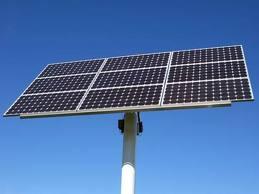
Expert Tips for Maximizing Your Solar Warranty Benefits
Understanding the nuances of your solar warranty can unlock significant value and peace of mind. First, always scrutinize the terms of both the performance and product warranties. Performance warranties typically assure that your solar panels will produce at least 80-90% of their original output after 25 years, while product warranties cover defects and failures. Secondly, ensure your installer is certified, as many warranties become void if installation isn’t performed by qualified professionals. Keep all documentation organized and accessible, as this will streamline any future claims.
- Regular Maintenance: Conduct regular inspections and maintenance as per the manufacturer’s guidelines to prevent issues that could void your warranty.
- Stay Informed: Stay updated on any warranty policy changes from the manufacturer to avoid unexpected surprises.
- Use Authorized Parts: Always use authorized parts and services for any repairs to maintain the validity of your warranty.
Insights and Conclusions
As we draw the curtain on our exploration of solar panel warranties and costs, it’s clear that the journey toward harnessing the sun’s energy is both an investment in our planet’s future and a commitment to smart financial planning. Understanding the nuances of warranties and the intricacies of costs empowers you to make informed decisions that align with your energy needs and sustainability goals.
In the ever-evolving world of solar technology, knowledge is your most valuable companion. Whether you’re driven by the promise of reduced energy bills, the allure of renewable energy, or the prospect of increasing your property’s value, being well-versed in the terms and conditions of warranties and the dynamics of pricing ensures you stand on solid ground.
As you step into the light of solar energy, may your choices reflect not only your aspirations but also a broader vision for a cleaner, more sustainable future. The sun has always been a constant, unwavering in its brilliance—now it’s your turn to harness its power with confidence and clarity.


